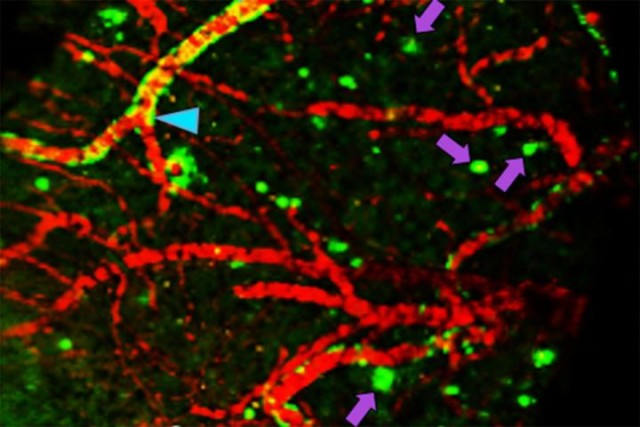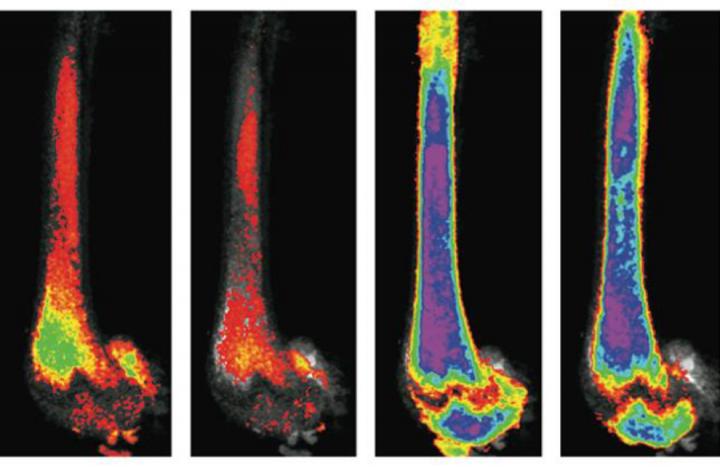Depression in patients with diabetes is associated with a substantively increased risk of development of dementia compared to those with diabetes alone, according to researchers from the University of Washington and Kaiser Permanente.
The study, among the first (and largest to date) to examine all-cause dementia in diabetes patients with and without depression, appears on the current online issue of the Archives of General Psychiatry.
Patients with type 2 diabetes who also had depression had a doubling in risk of dementia during years 3 to 5 after initial screening, compared to patients with diabetes who did not have depression, said the study's lead author Wayne Katon, MD, professor and vice chair of the University of Washington department of psychiatry and behavioral sciences. This study was supported by the National Institutes of Health-funded Diabetes & Aging Study, which focuses on the special health problems of older patients with diabetes, and its parent study, Diabetes Study of Northern California (DISTANCE) which collected surveys from more than 20,000 adults with diabetes who are patients from the Kaiser Permanente Northern California Diabetes Registry.
"Prior research has shown that both depression and diabetes are risk factors for dementia. This study suggests that having both of these illnesses occurring together is associated with an even greater risk," said Kaiser Permanente researcher and senior author Rachel Whitmer, PhD.
"Since depression affects up to 20 percent of diabetic patients, it is critical to understand this relationship and further evaluate whether depression interventions have an impact on dementia risk in patients with diabetes," explained Andrew J. Karter, PhD, co-author from Kaiser Permanente Division of Research and principal investigator for the Diabetes & Aging and DISTANCE Studies. "Earlier onset of diabetes in patients with depression and greater risk of dementia in younger compared to older patients with depression and diabetes underscore the importance of evaluating the potential for early depression interventions to reduce the incidence of dementia," Katon said.
Continue Reading Below ↓↓↓
Of the 20, 188 consenting adults in the DISTANCE Study, 19.6 percent of the patients with diabetes met criteria for clinically significant depression.
Among patients with diabetes, depression is associated with poorer adherence to diet and exercise programs, increased smoking and poorer blood sugar control as well as psychobiologic changes such as increases in cortisol and increased sympathetic nervous system tone, which could worsen the course of diabetes and increase the risk of dementia associated with depression, they added.
Additional authors on the study include Courtney R. Lyles, PhD, the University of California, San Francisco; Melissa M. Parker, MS, with the Kaiser Permanente Division of Research; Elbert S. Huang, MD, MPH, with the University of Washington Schools of Medicine and Public Health. Funding for the research was provided by the National Institute of Diabetes and Digestive and Kidney Diseases (NIDDK) and National Institute of Mental Health (NIMH). Dr. Katon's relevant financial activities include board membership with Eli Lilly and Wyeth, honorariams for lectures Eli Lilly, Wyeth, Pfizer and Forest.
Source: Kaiser Permanente










